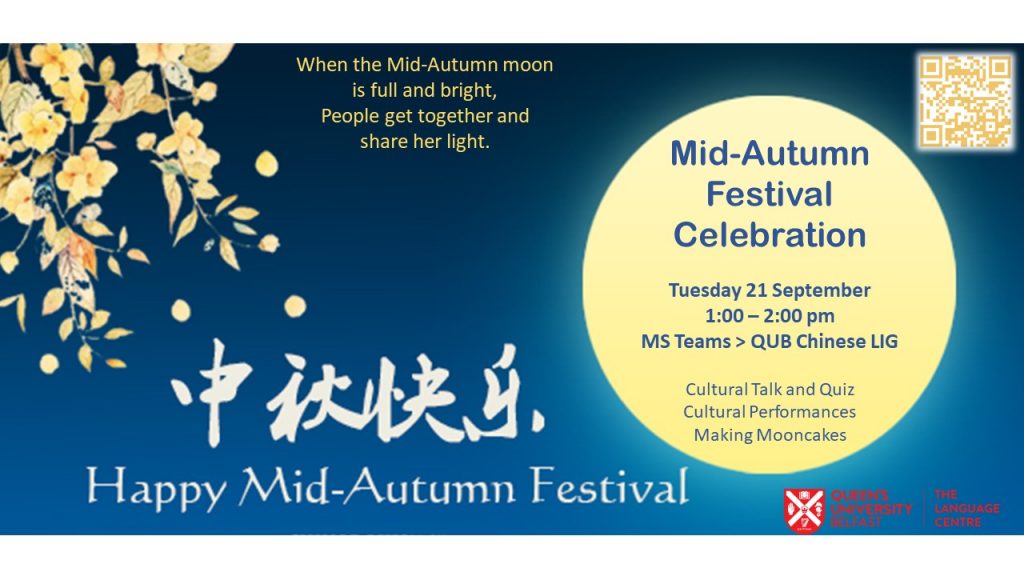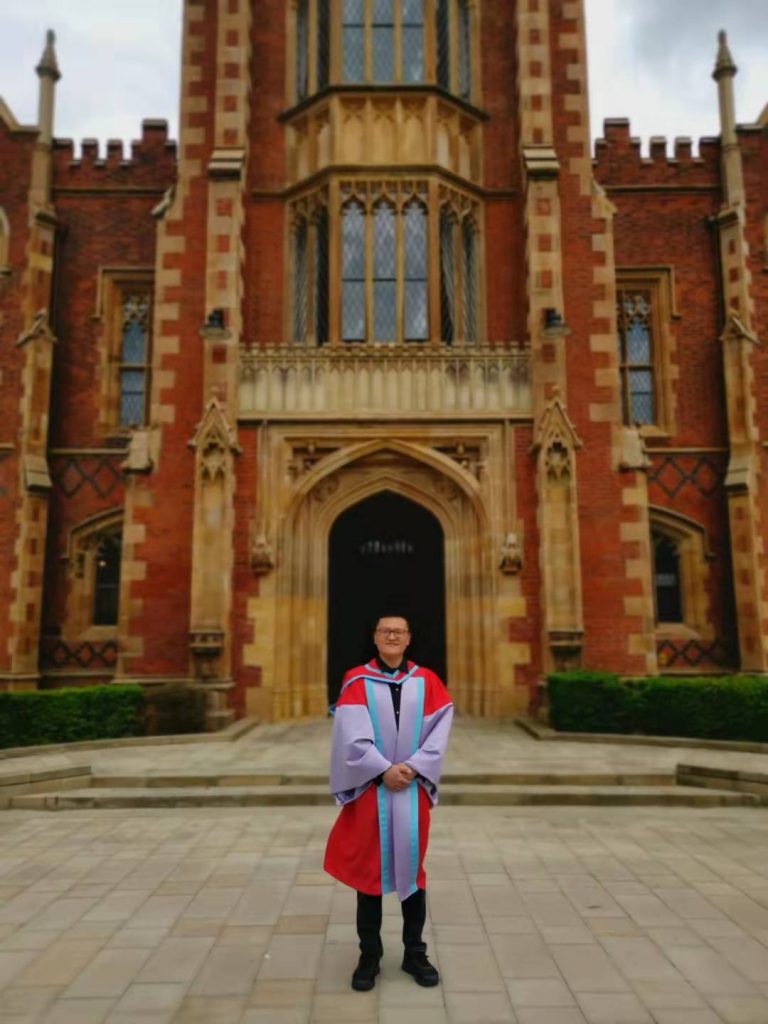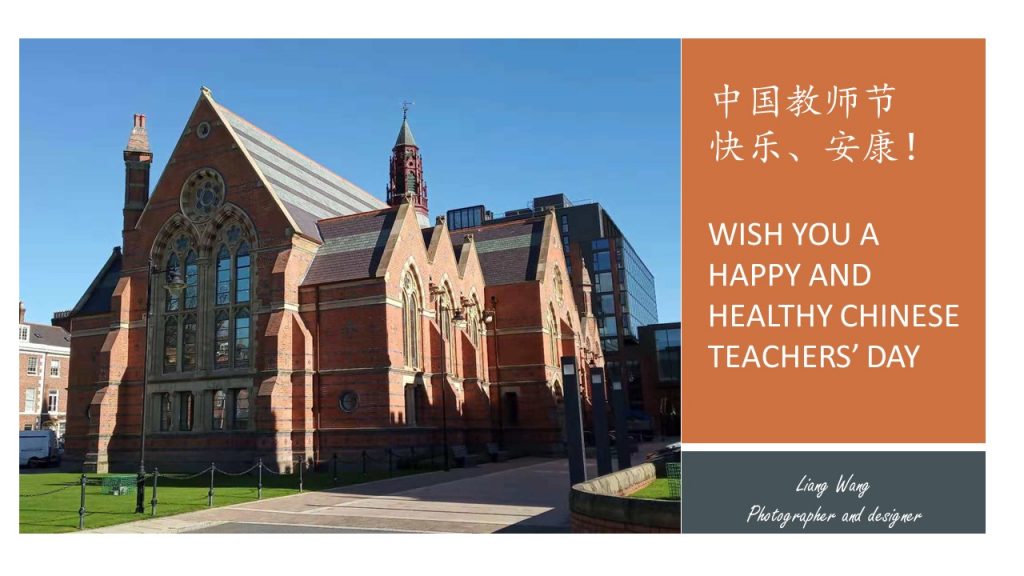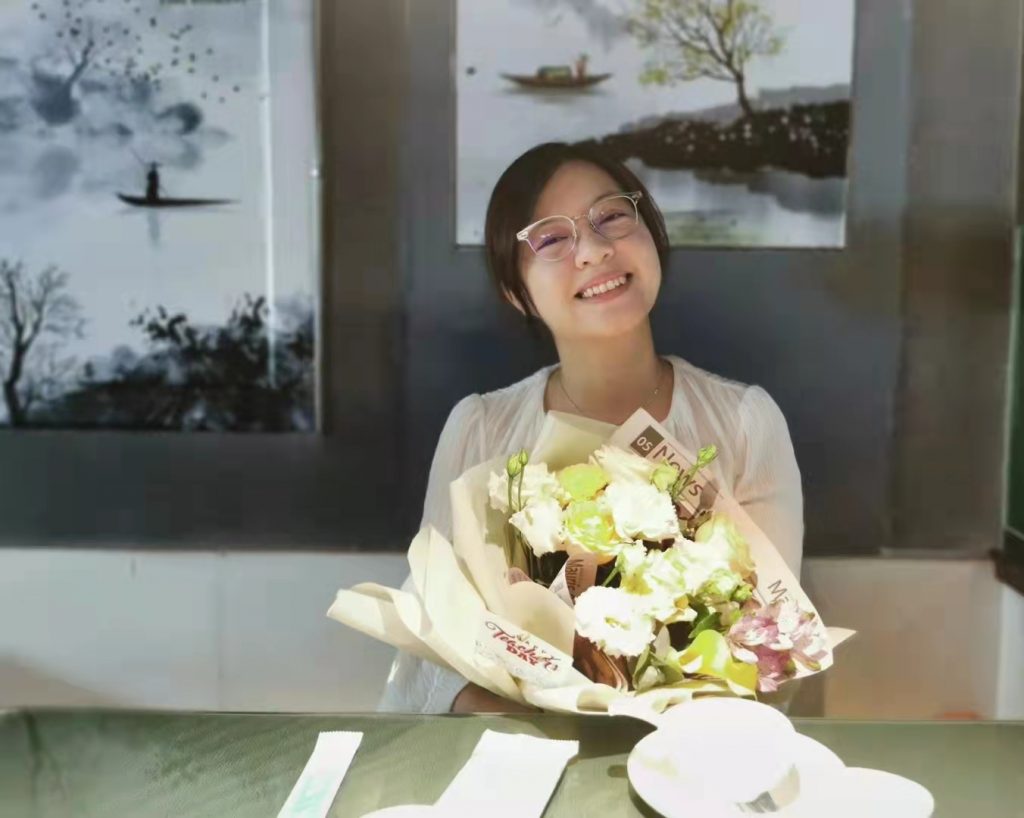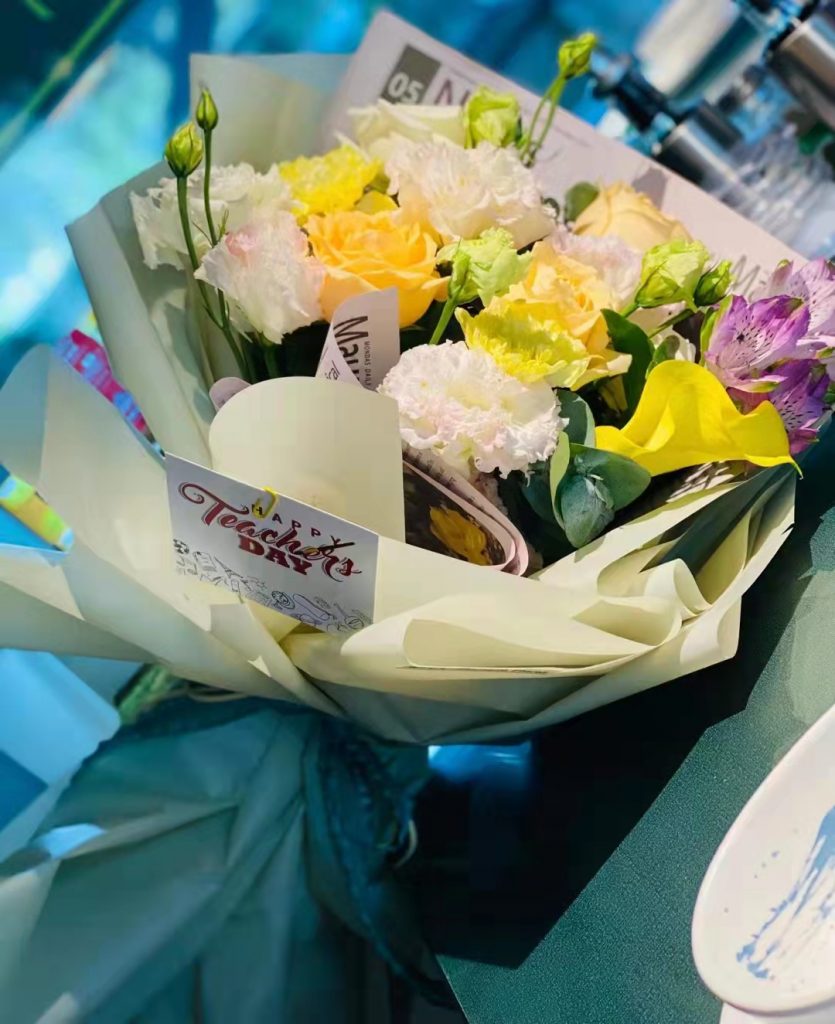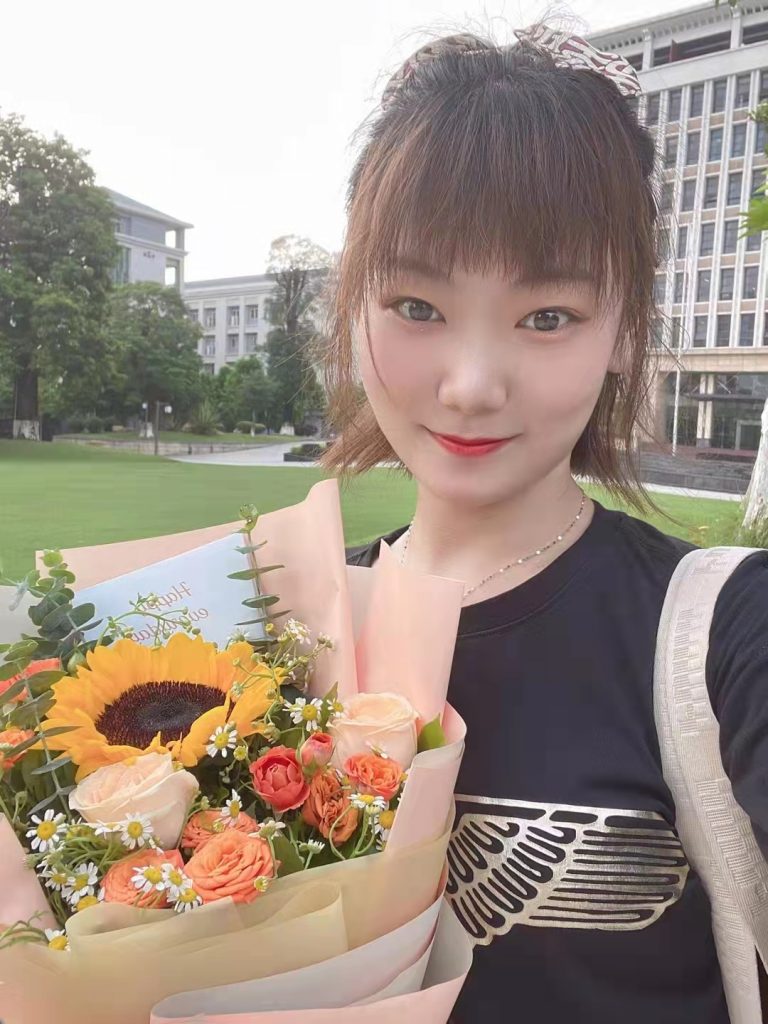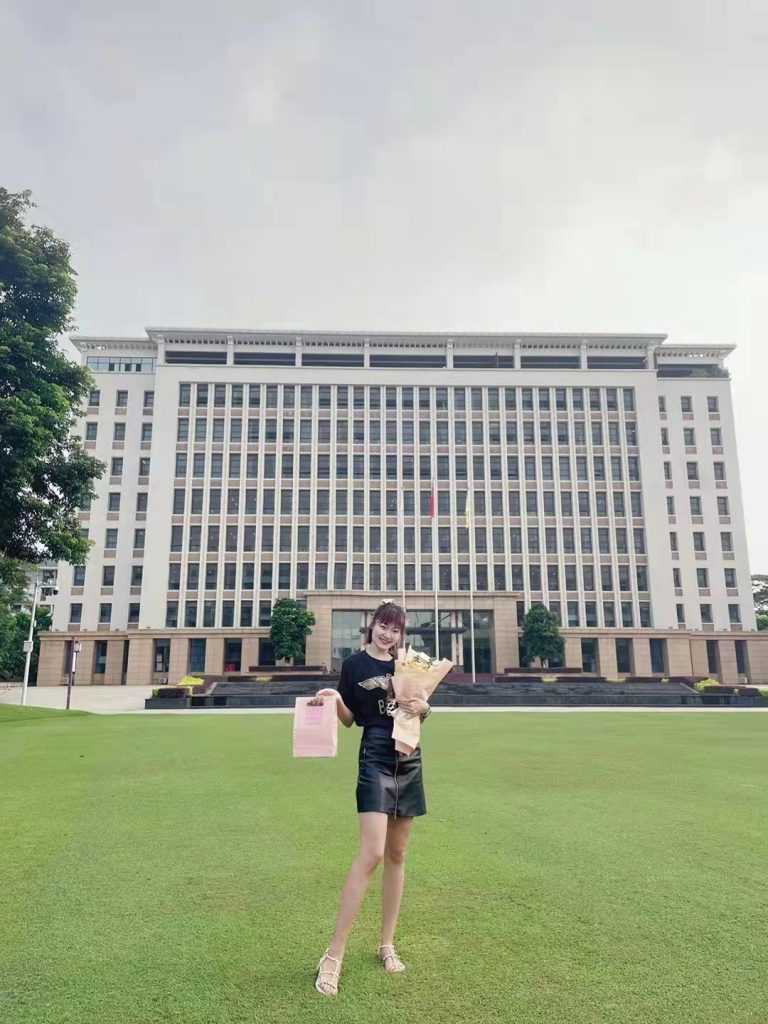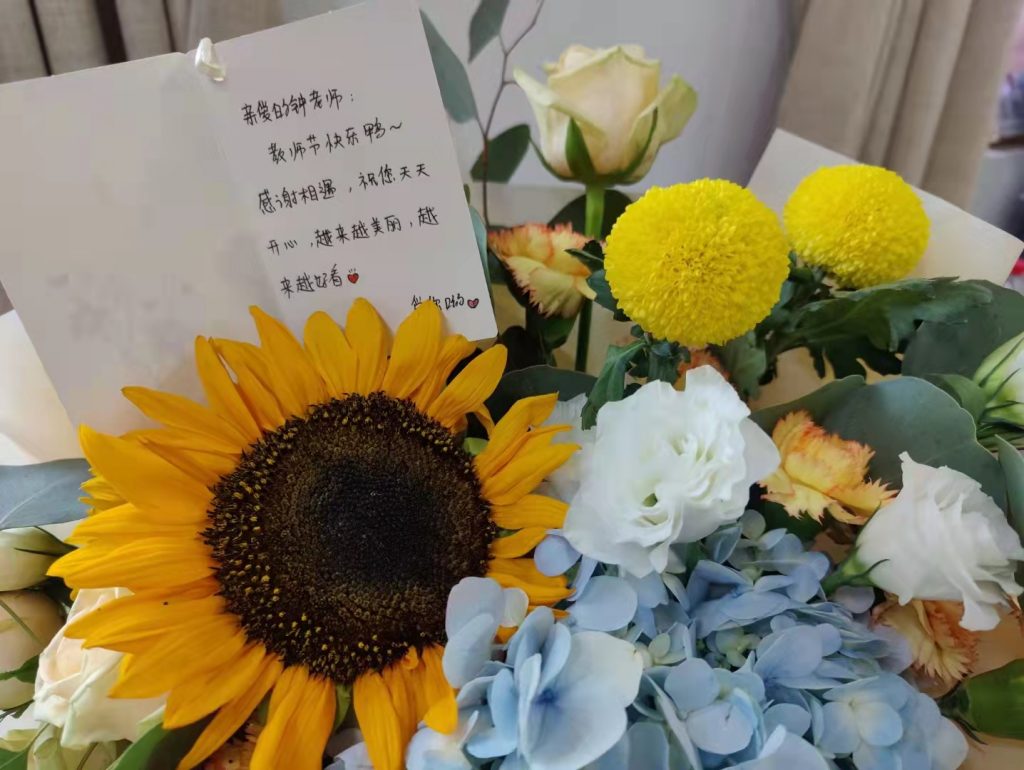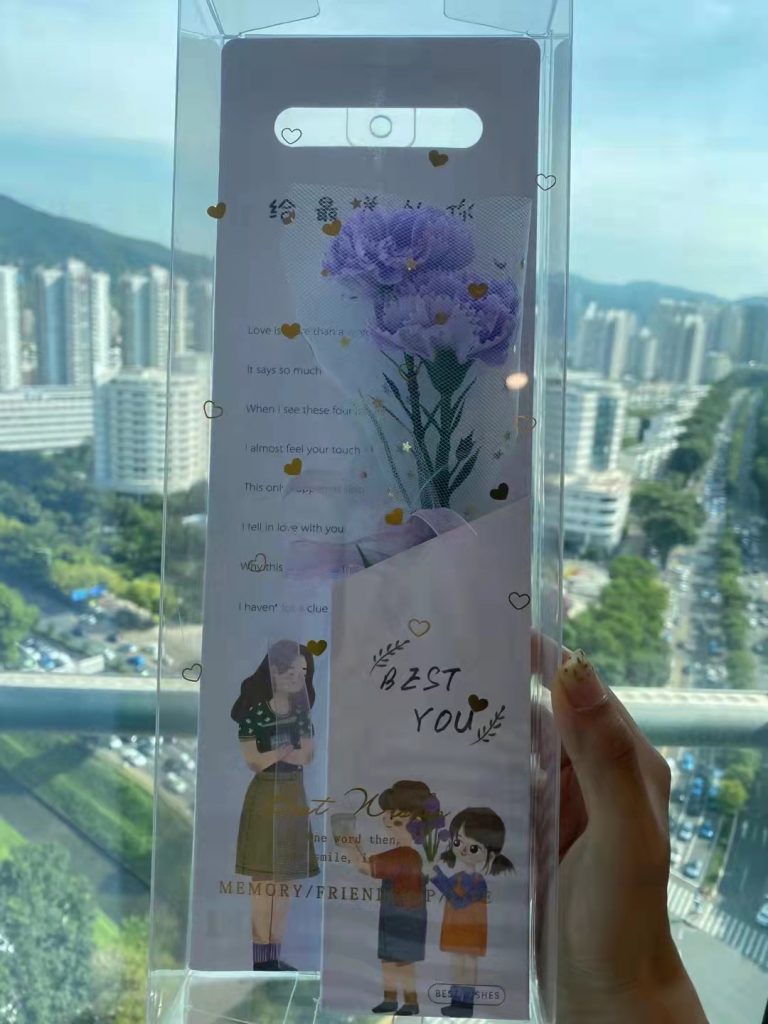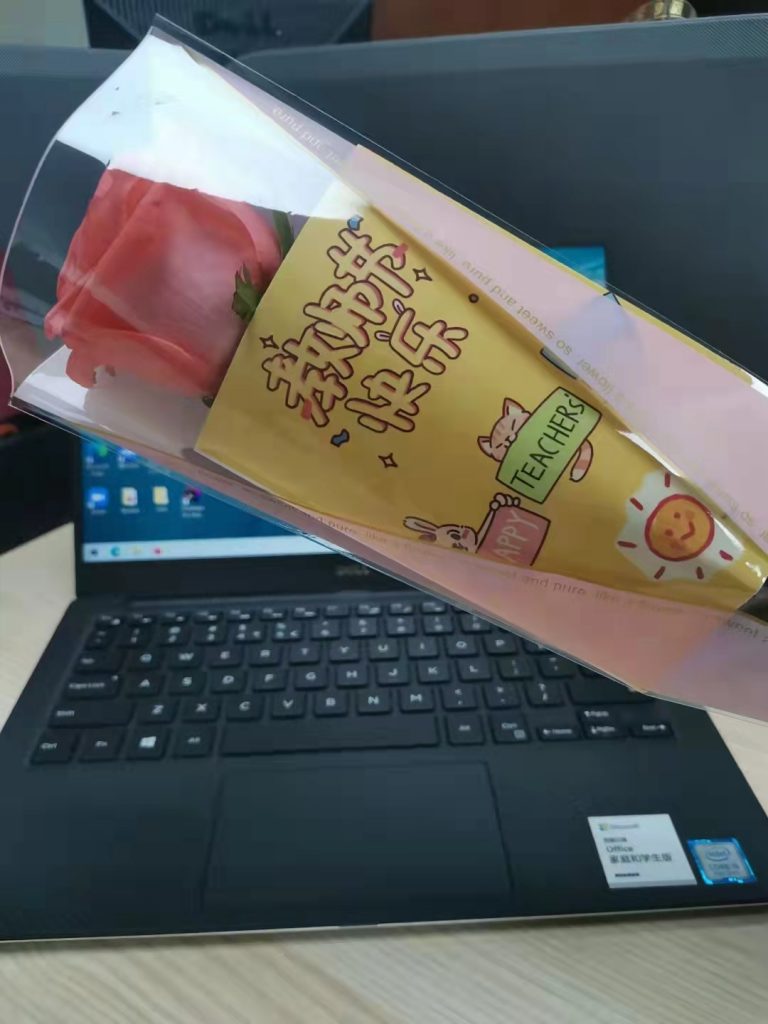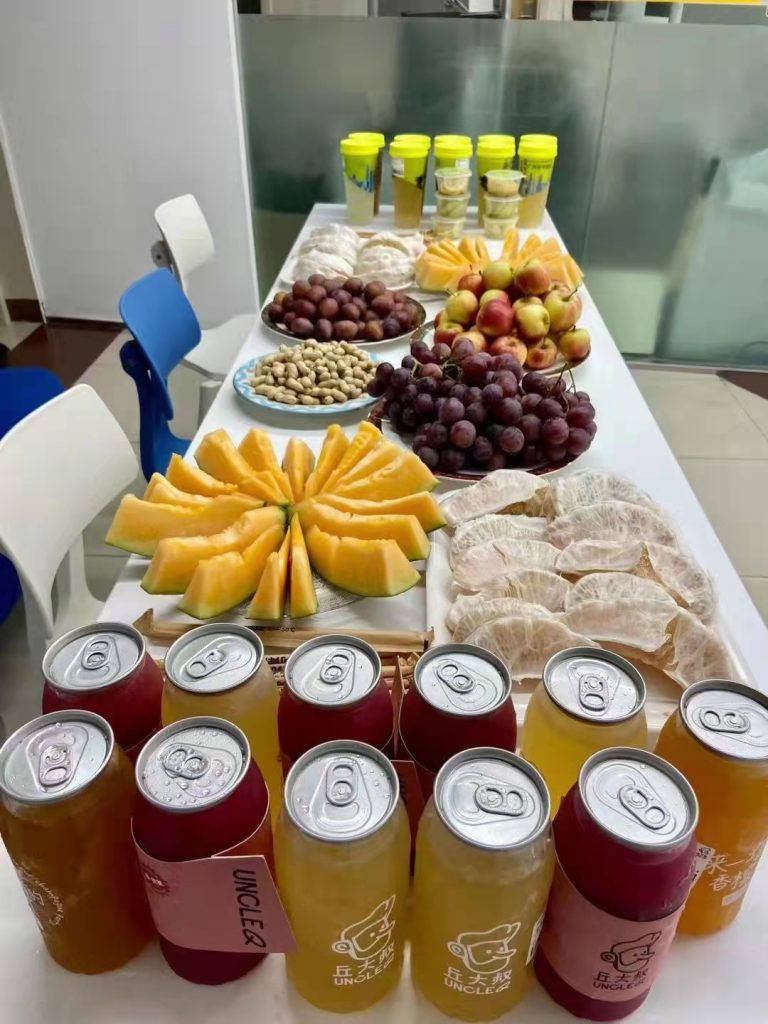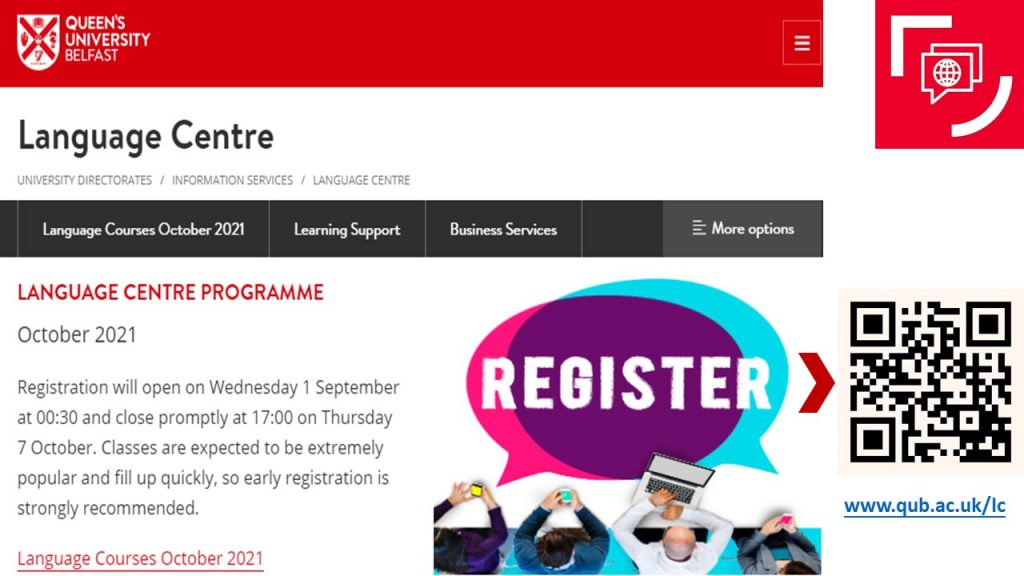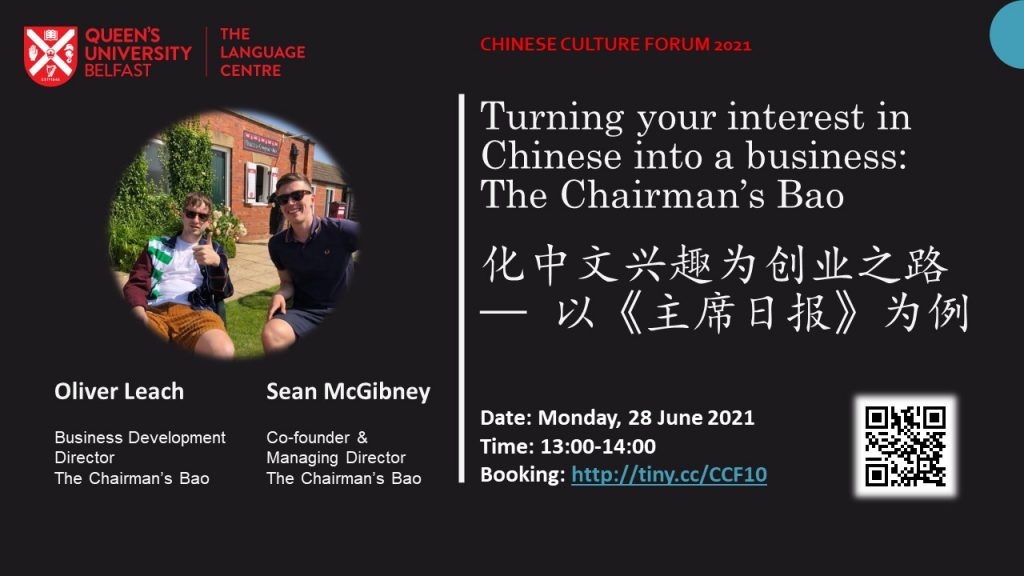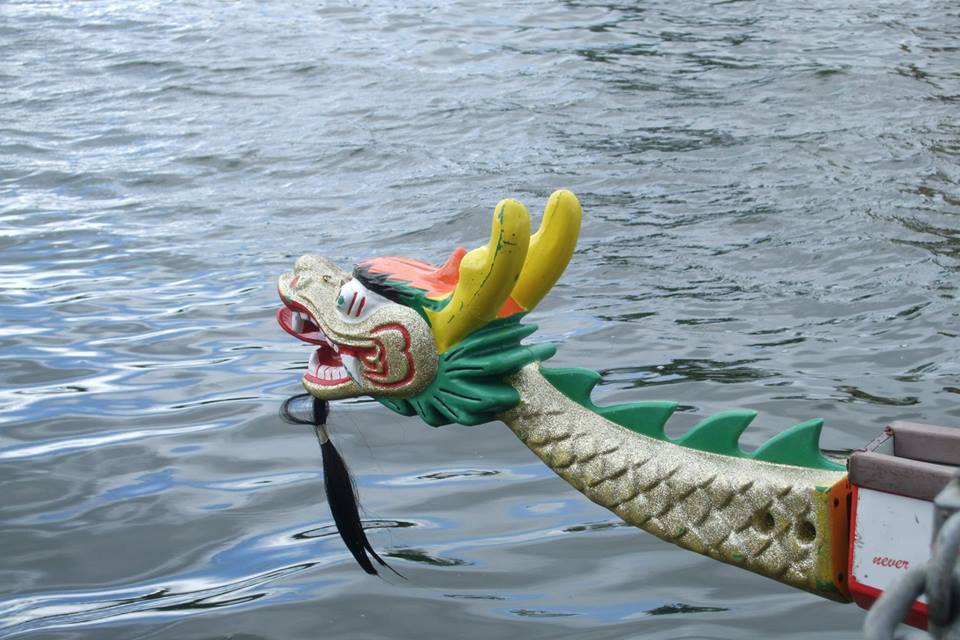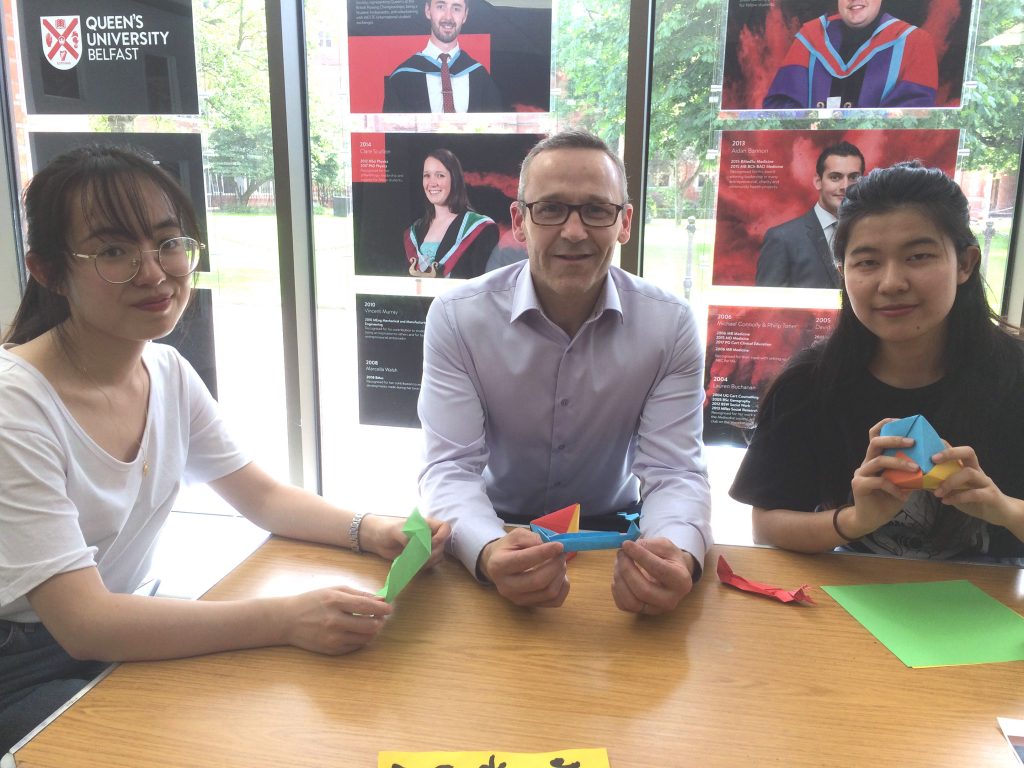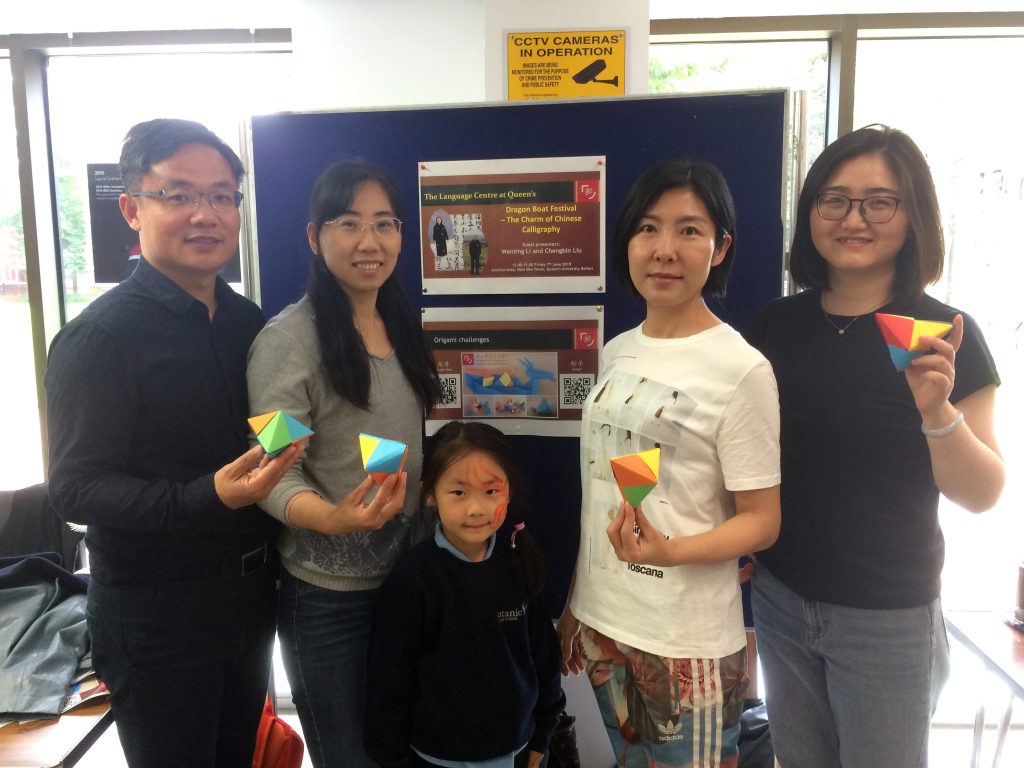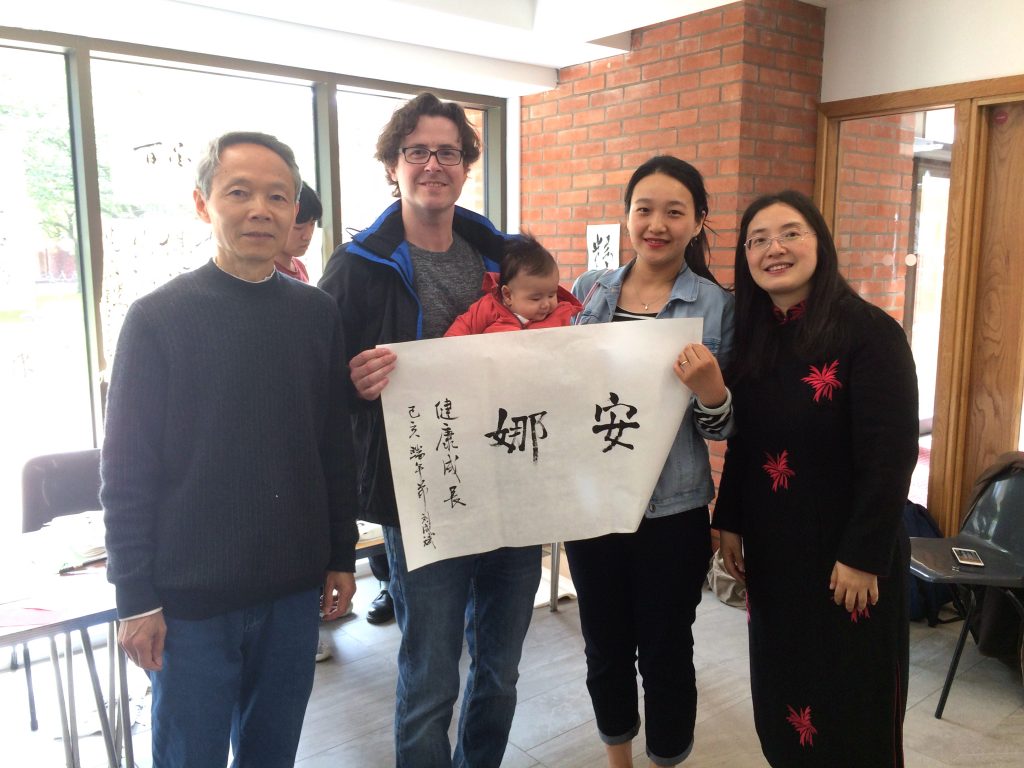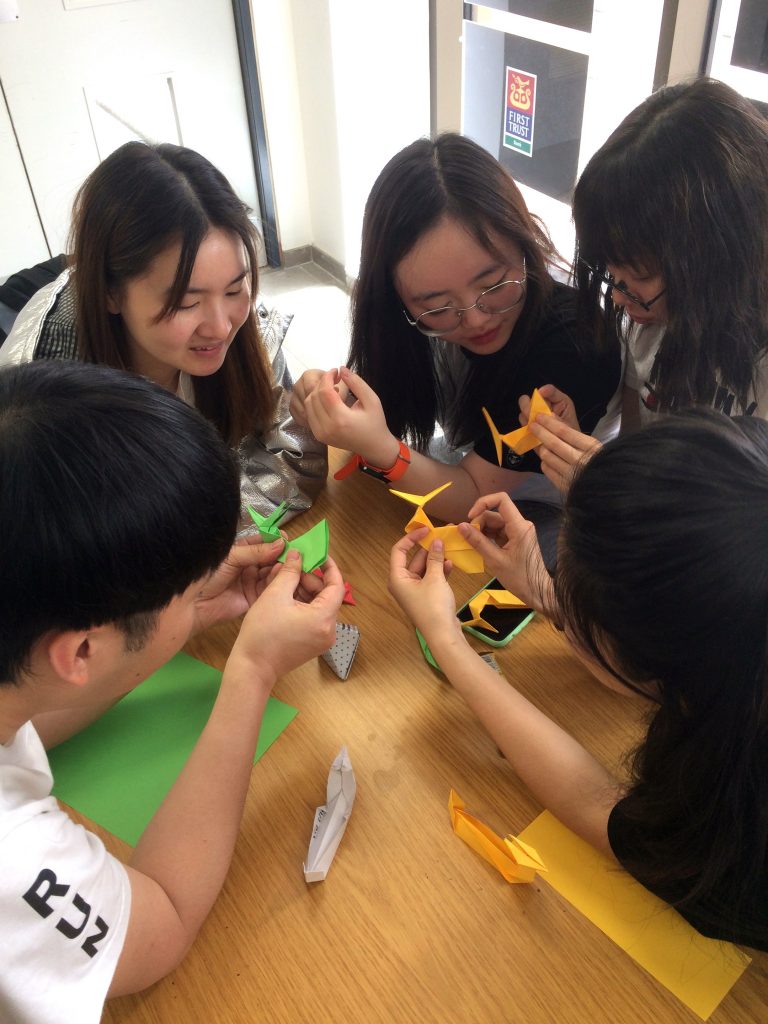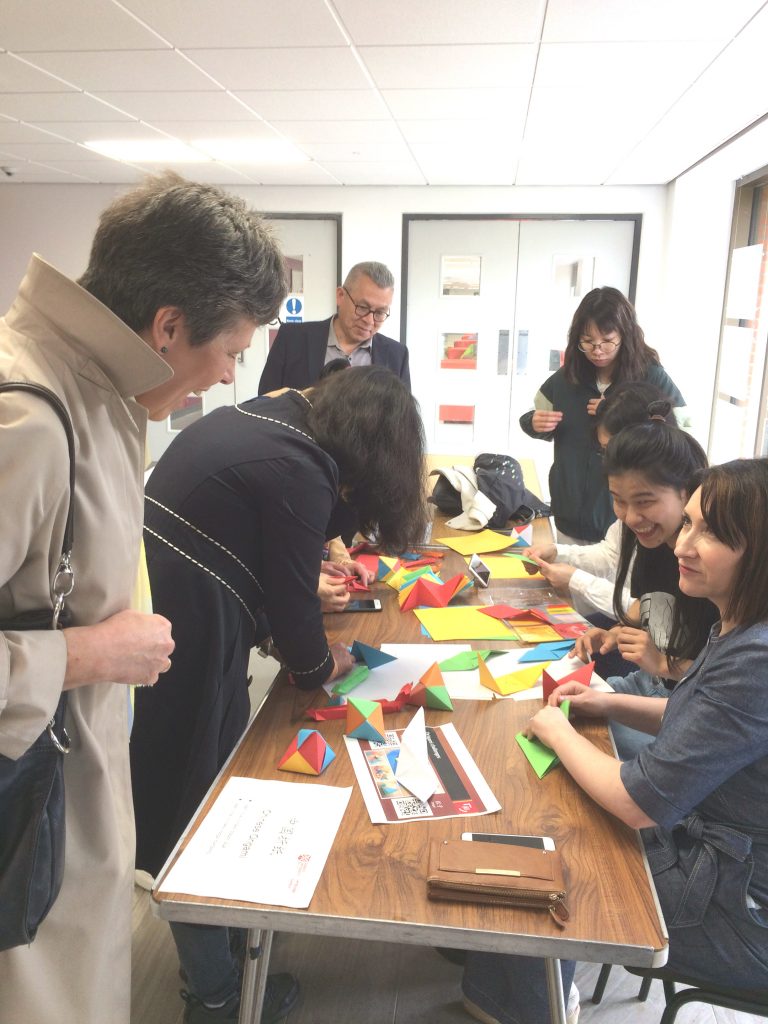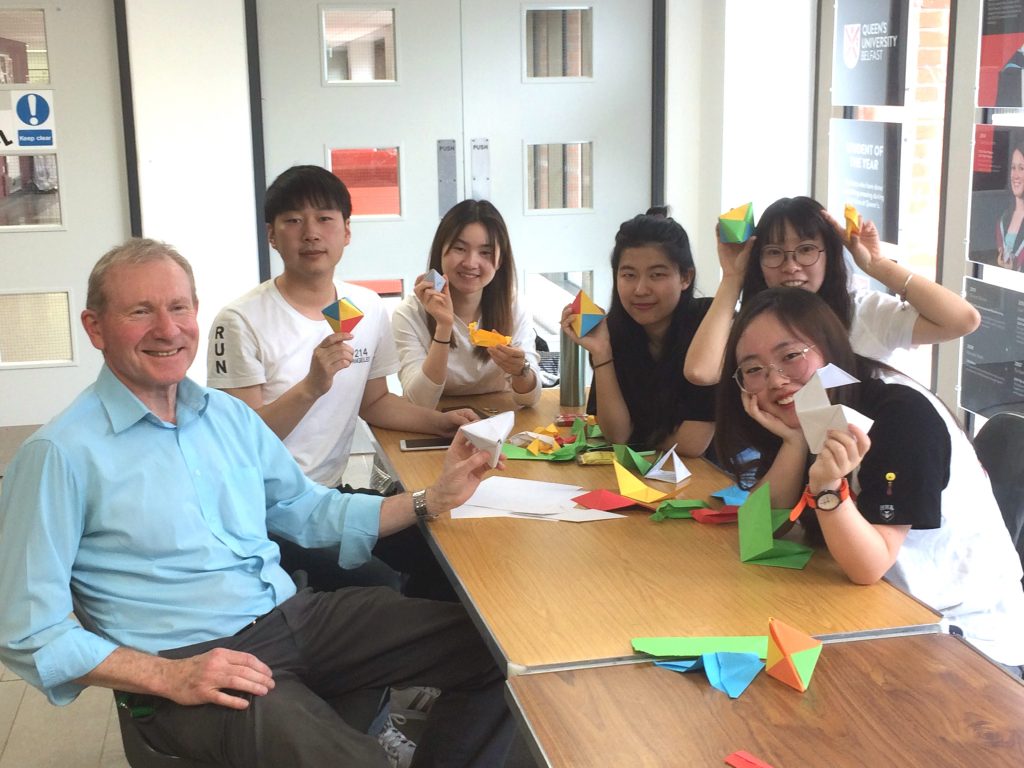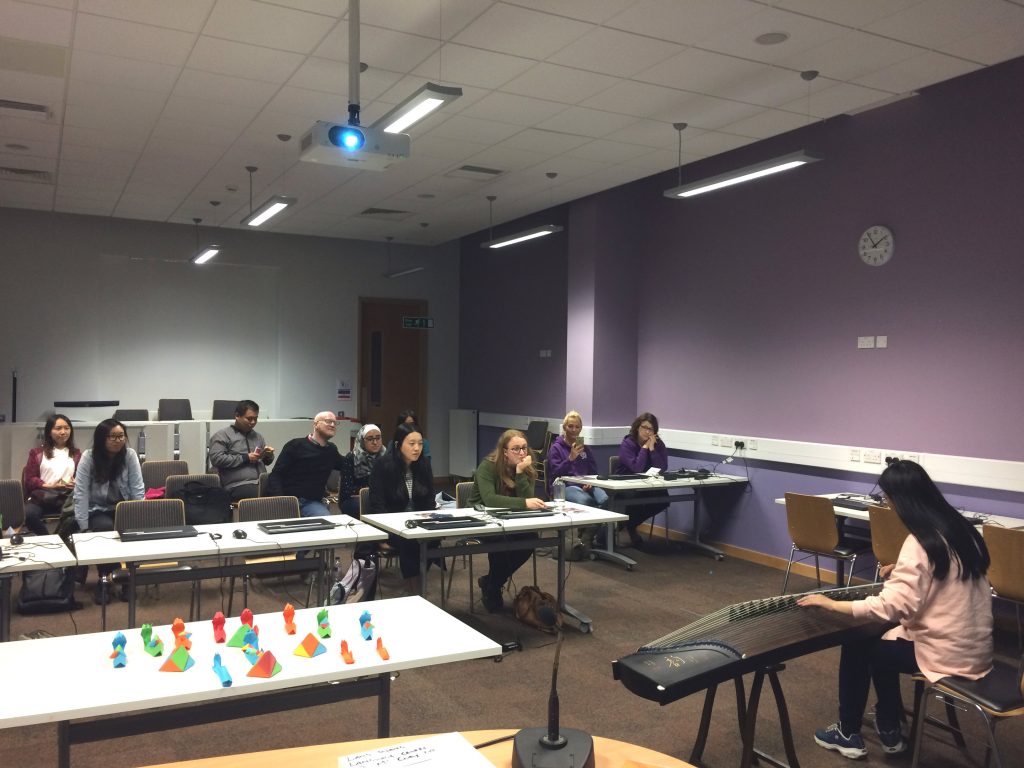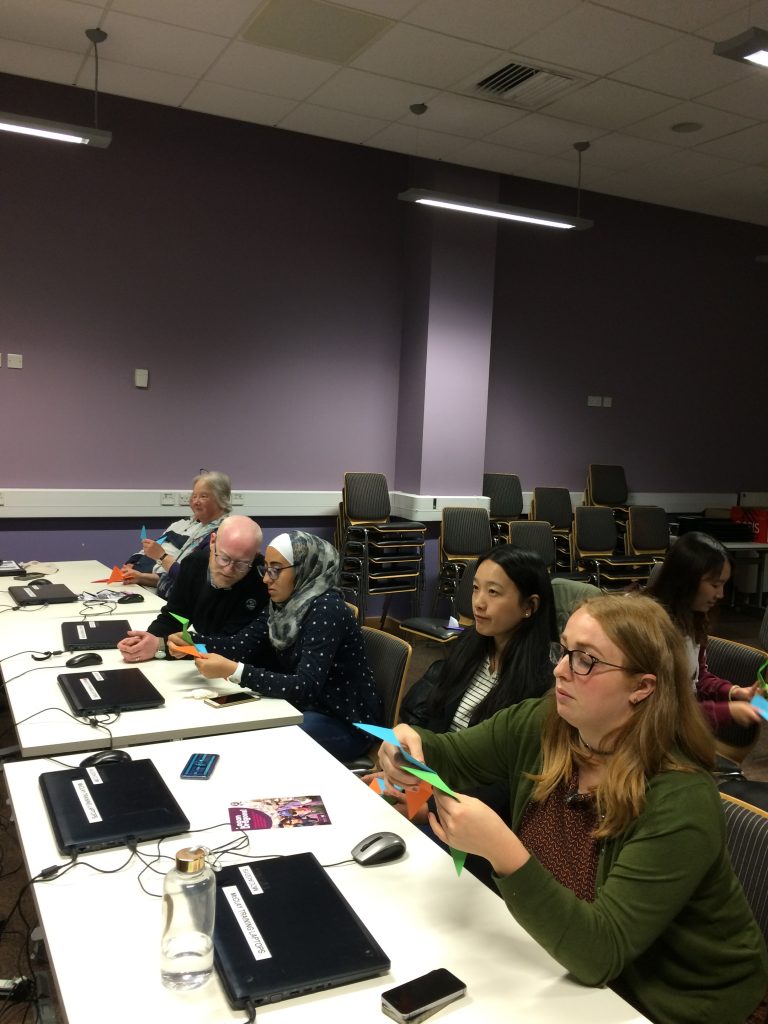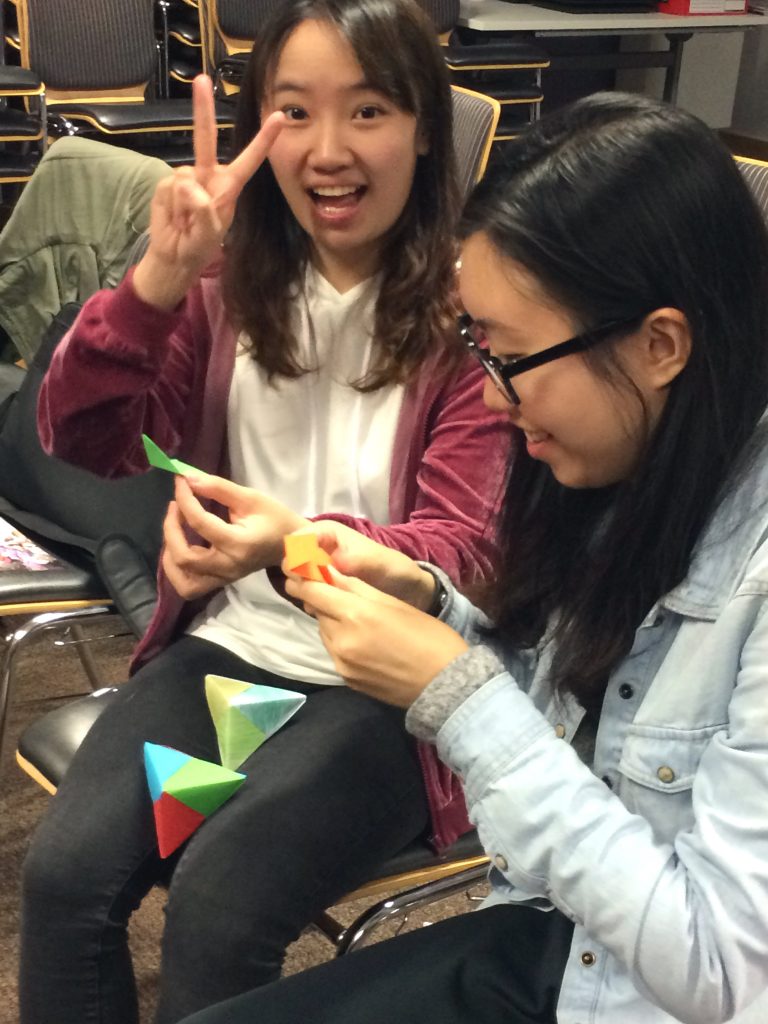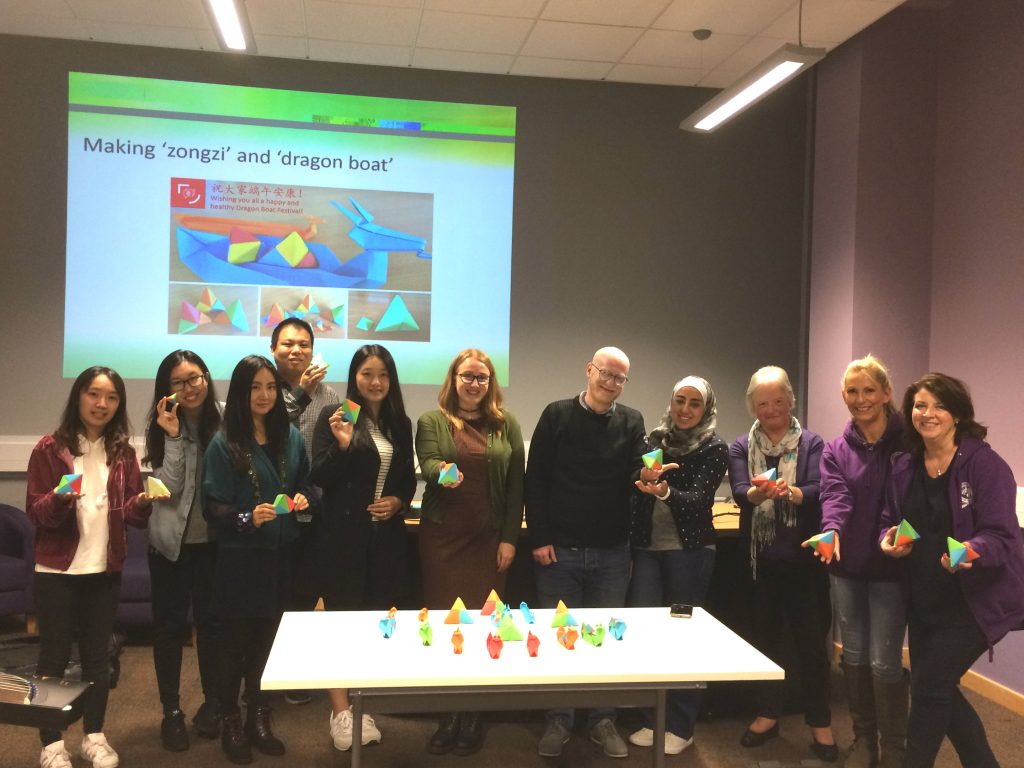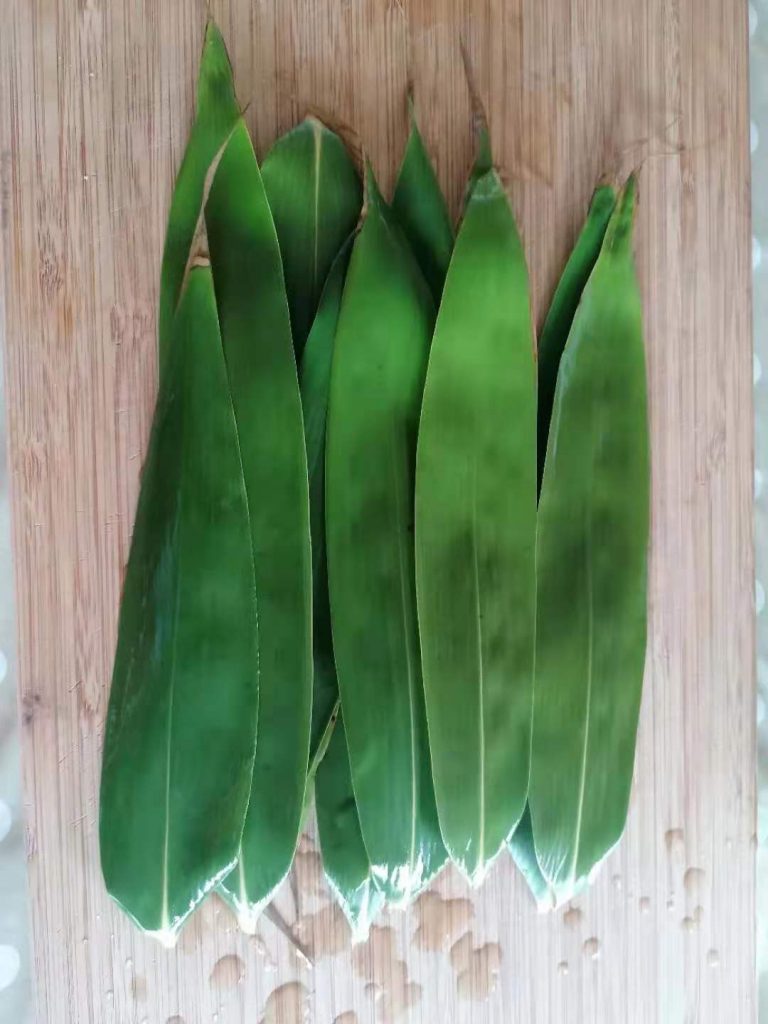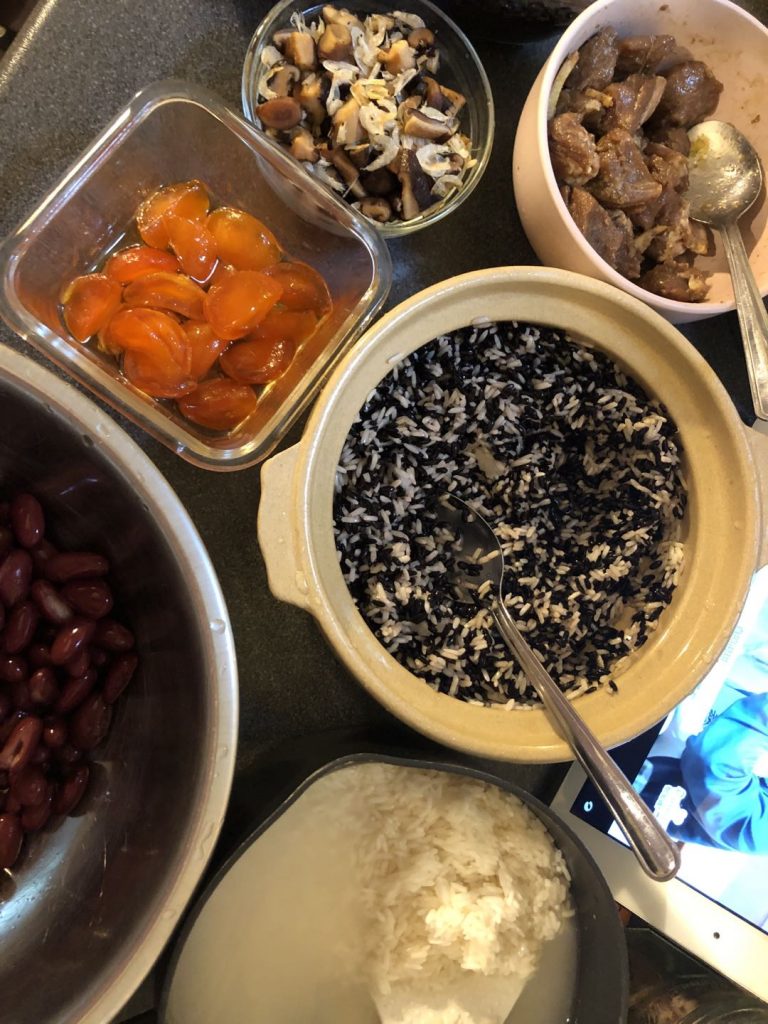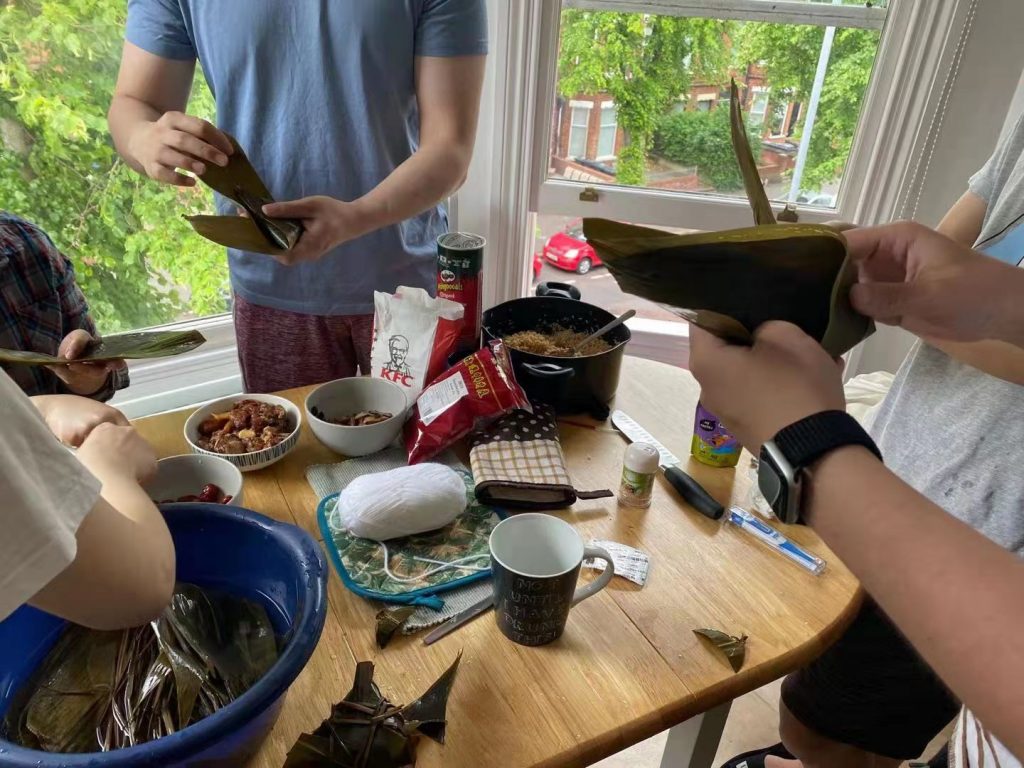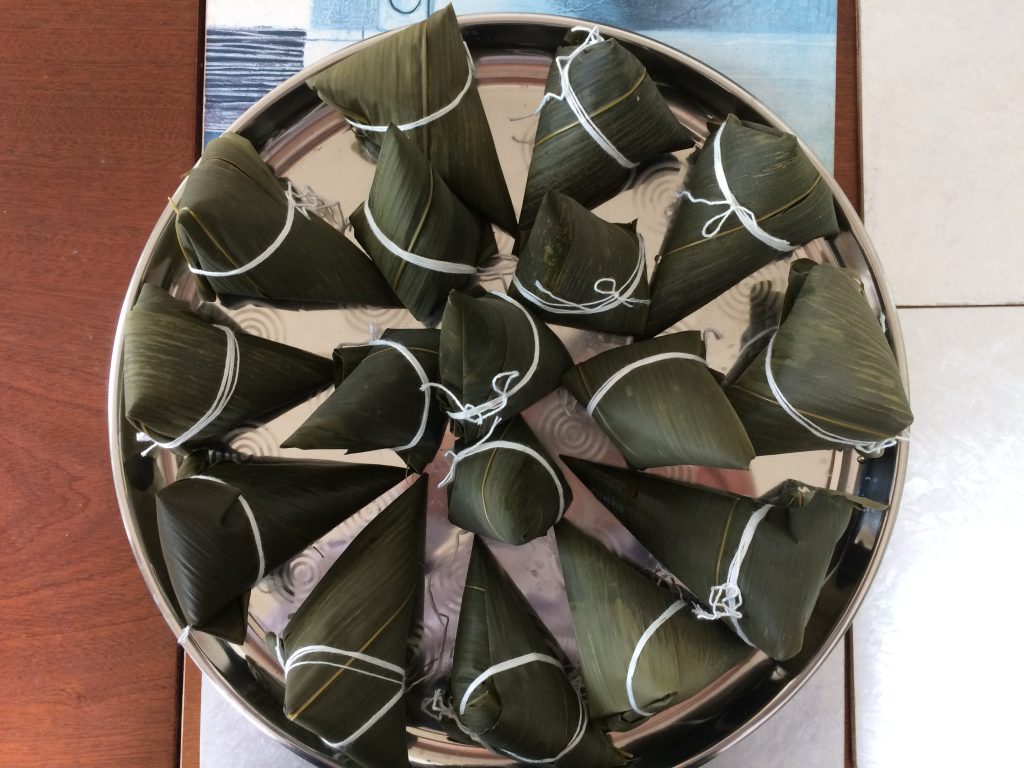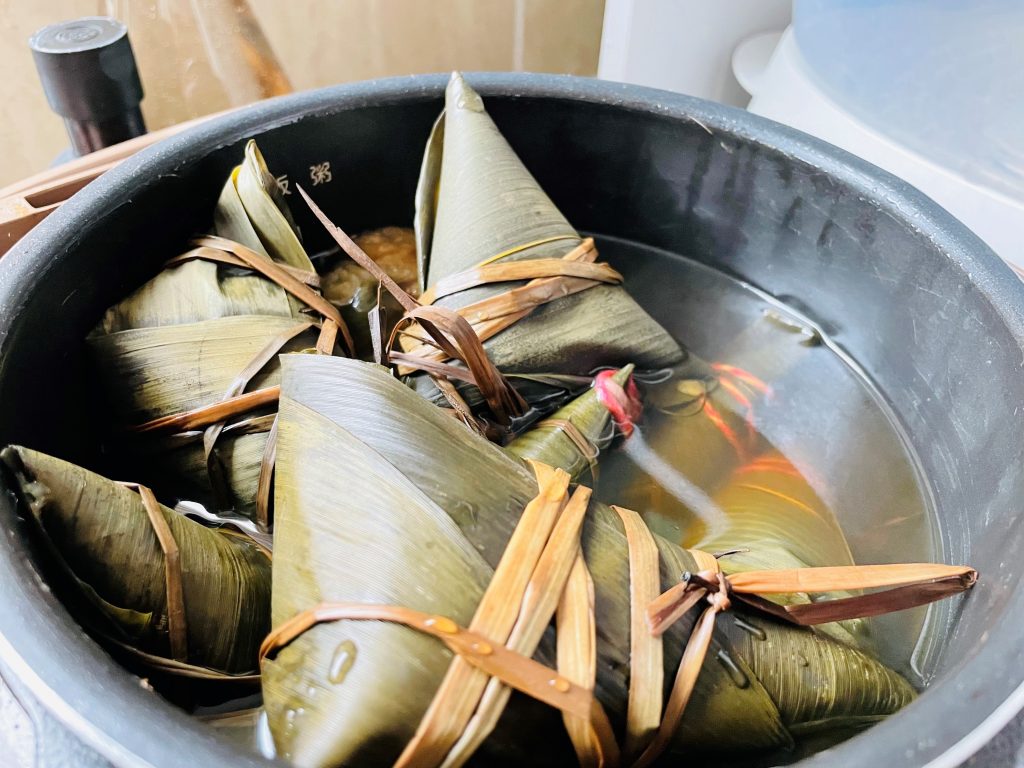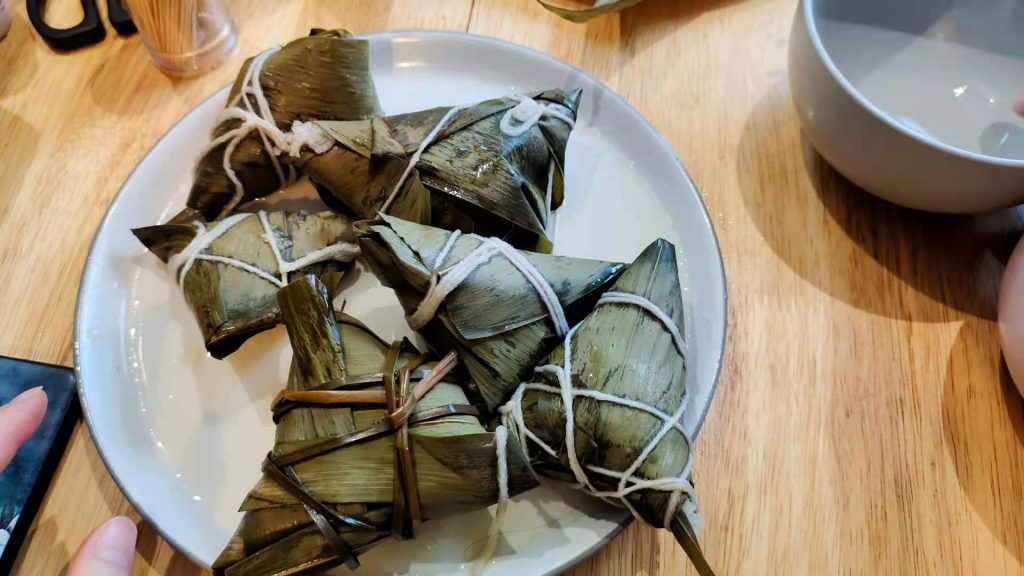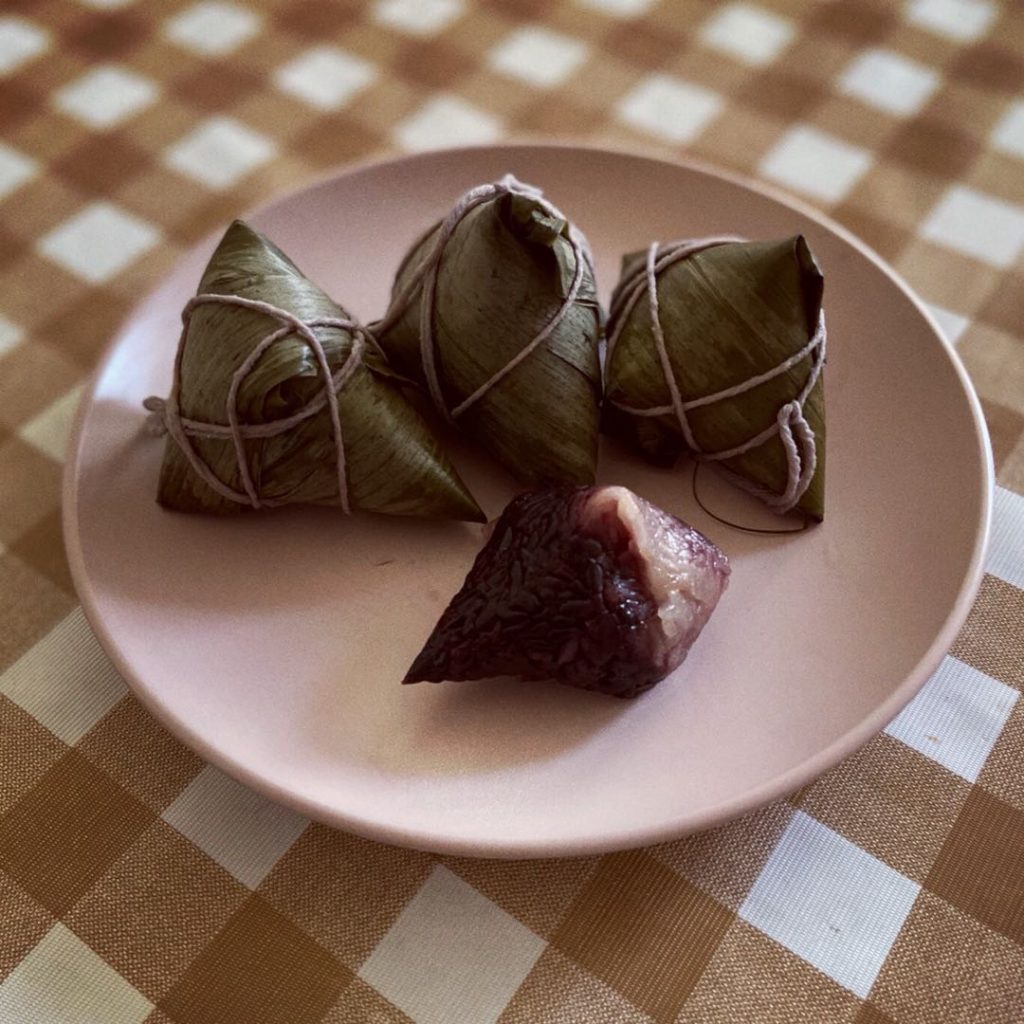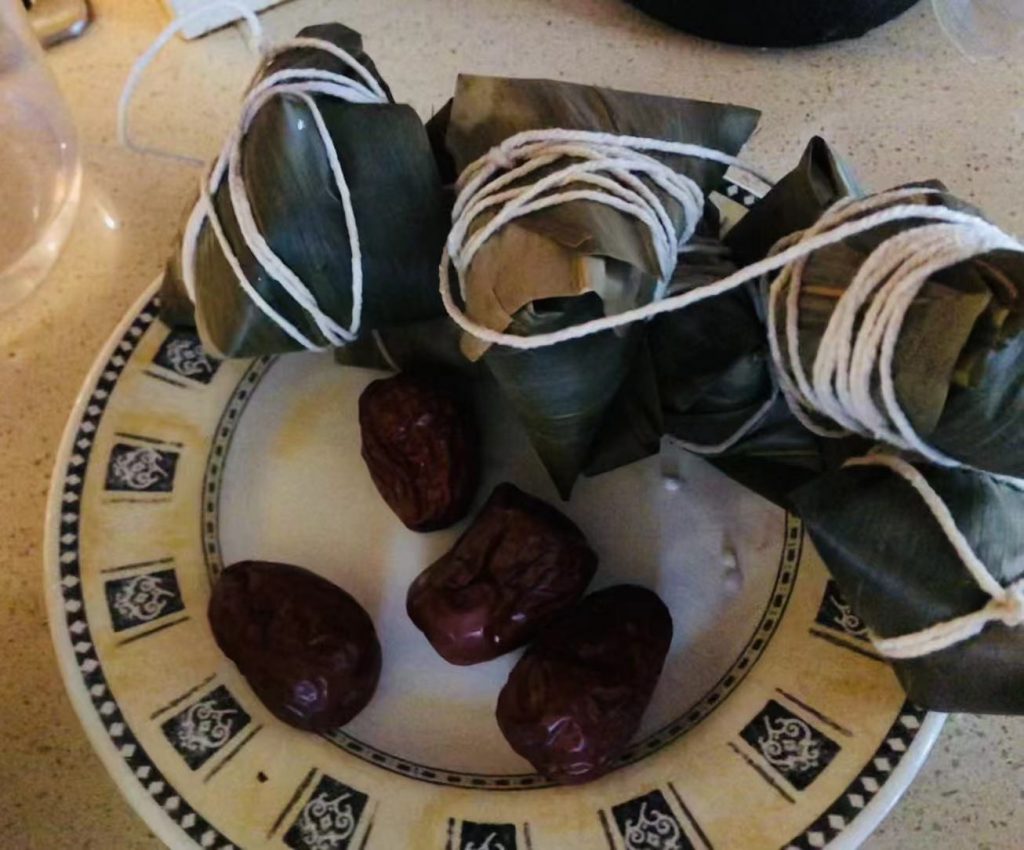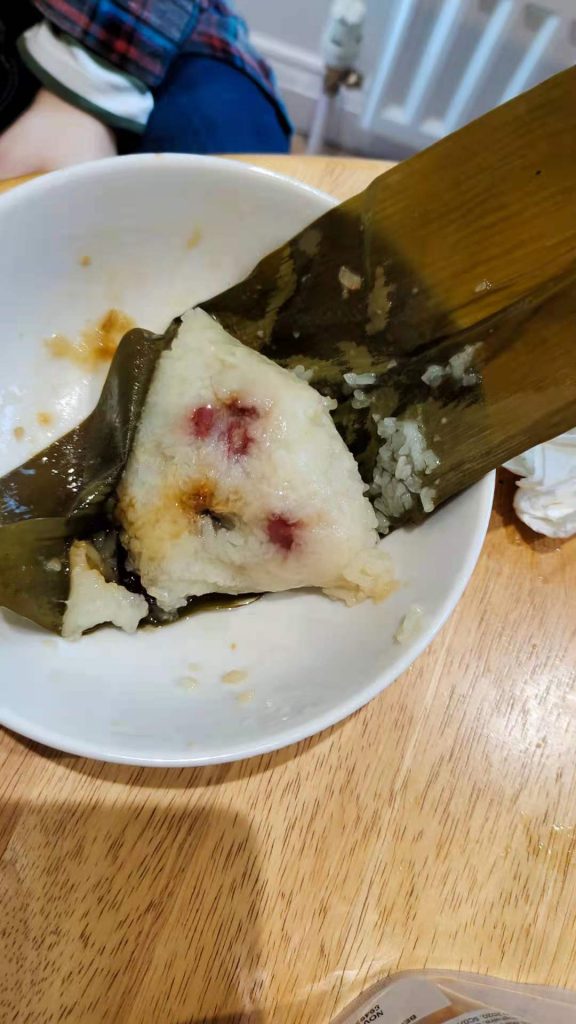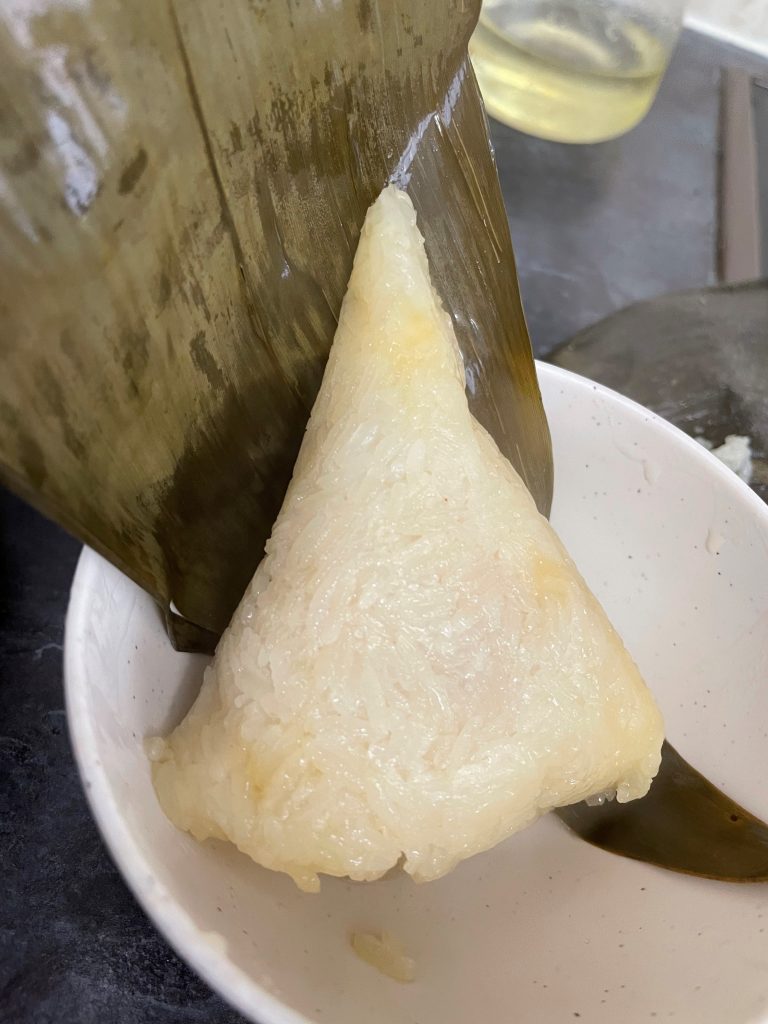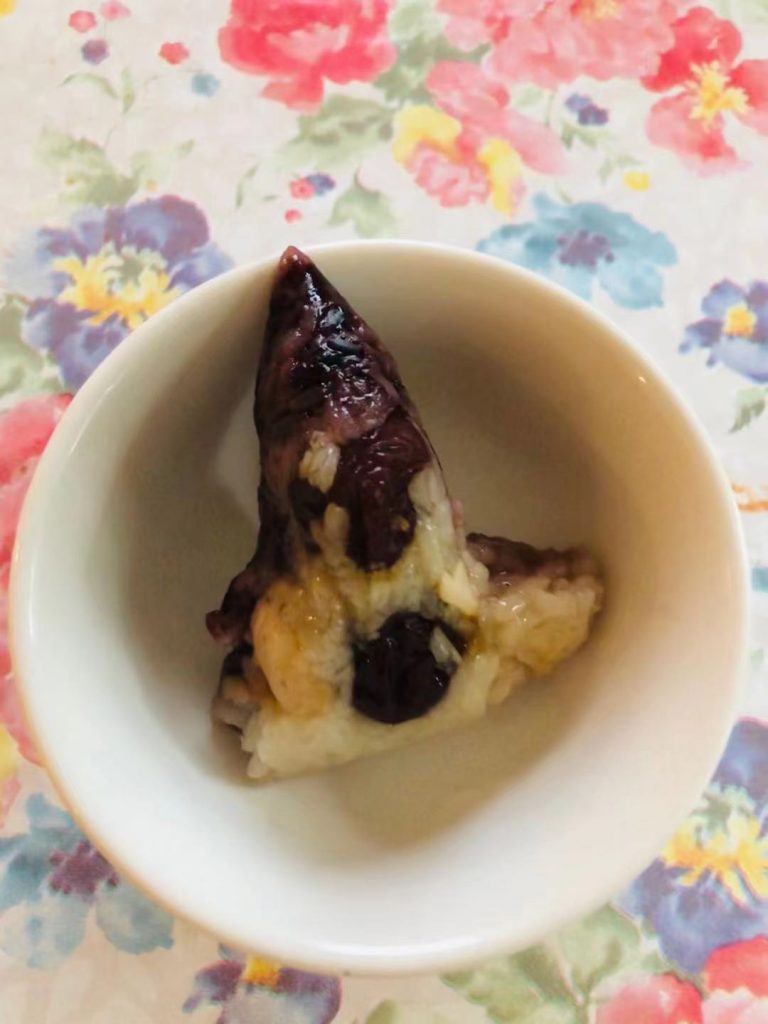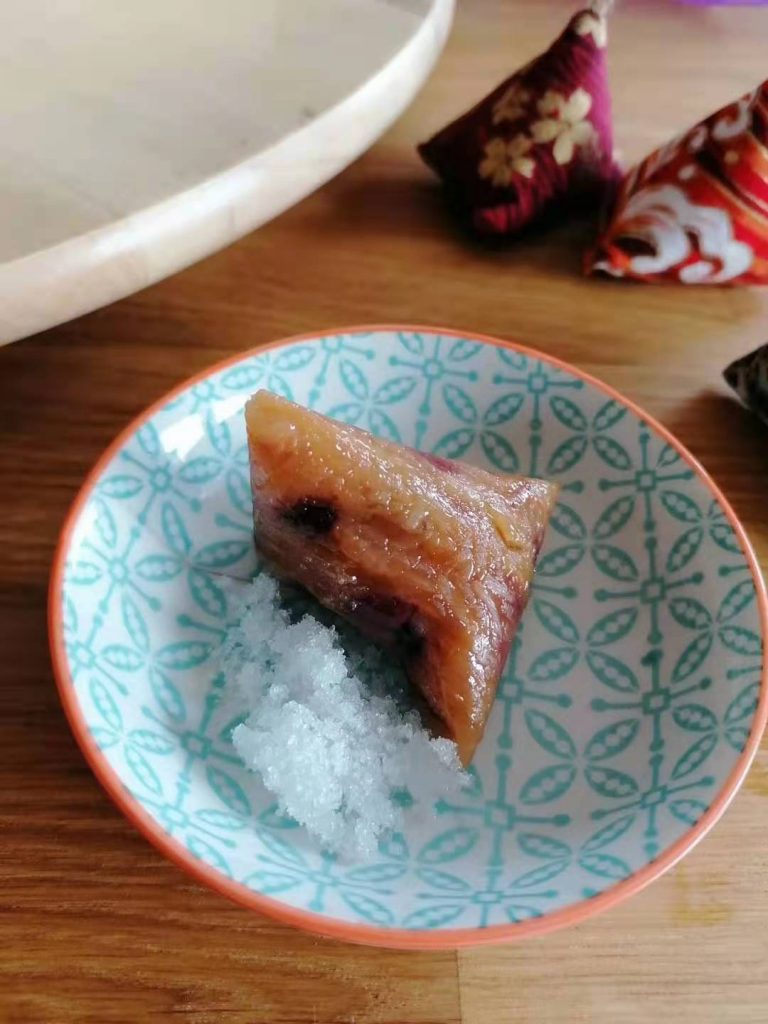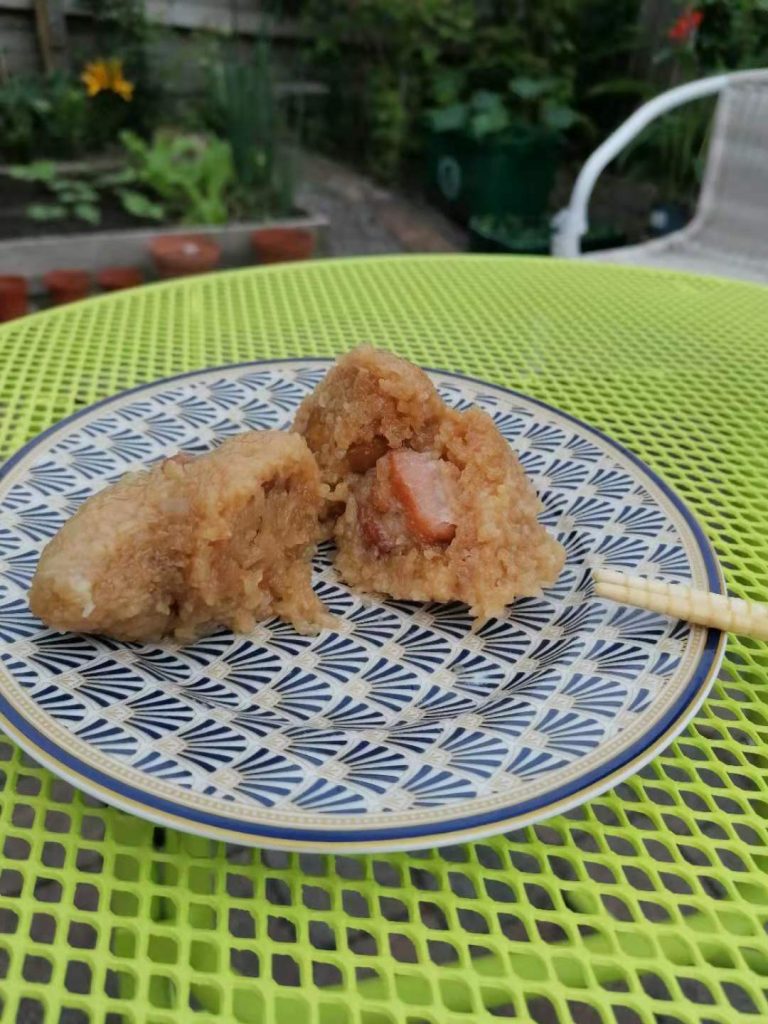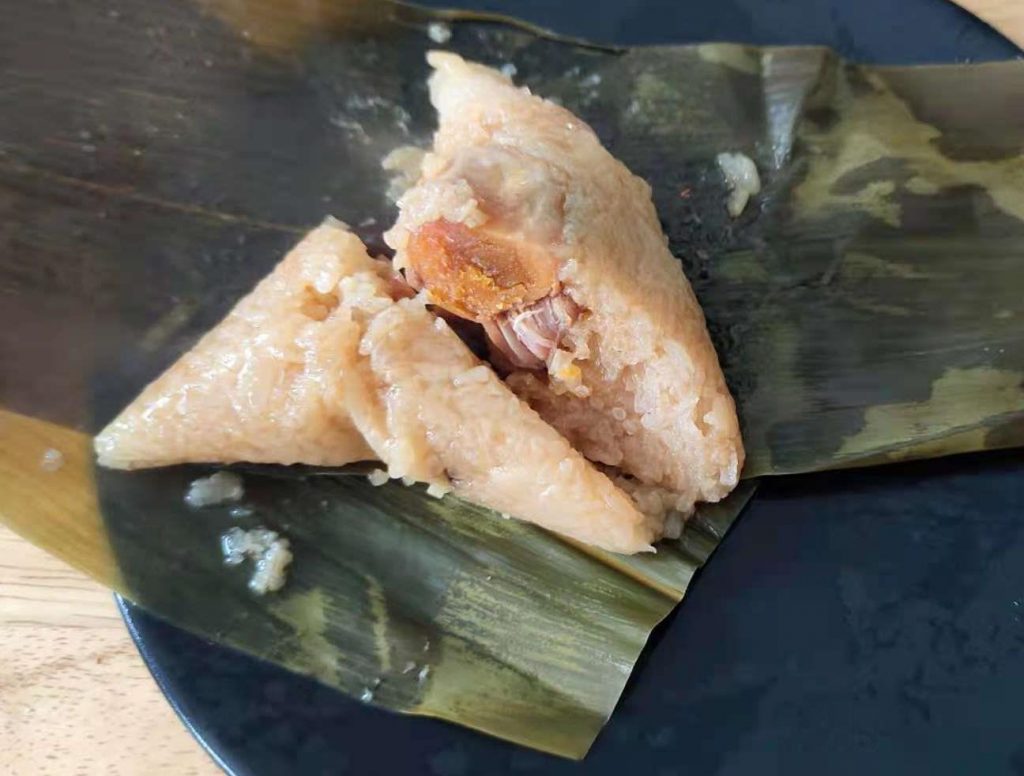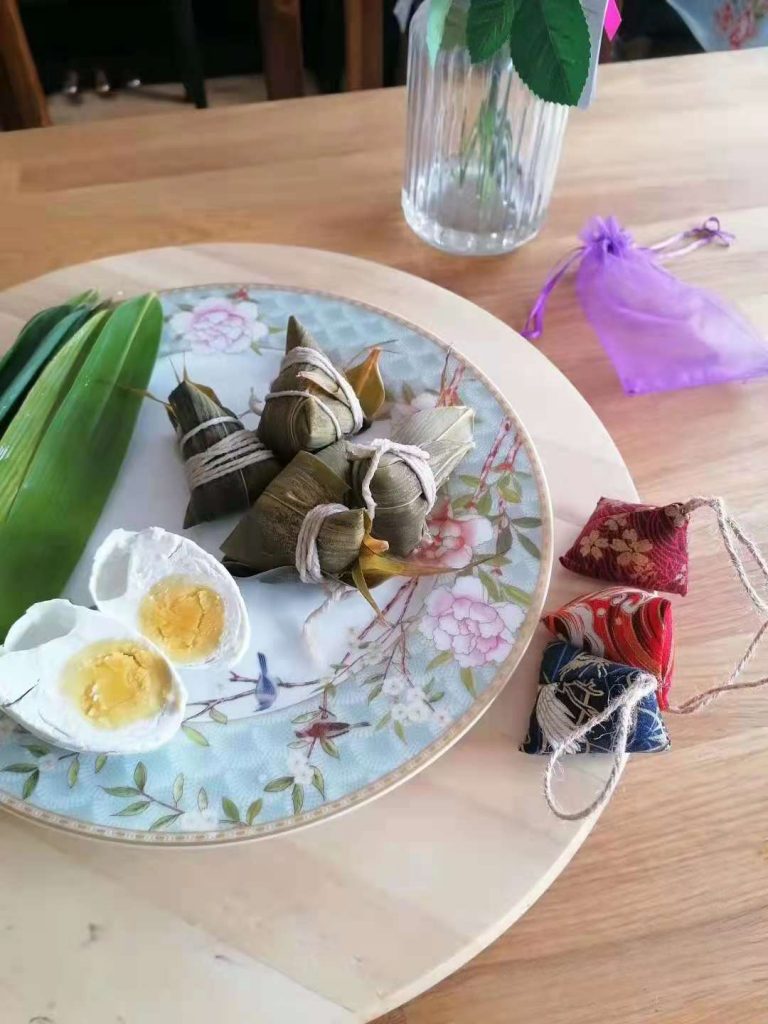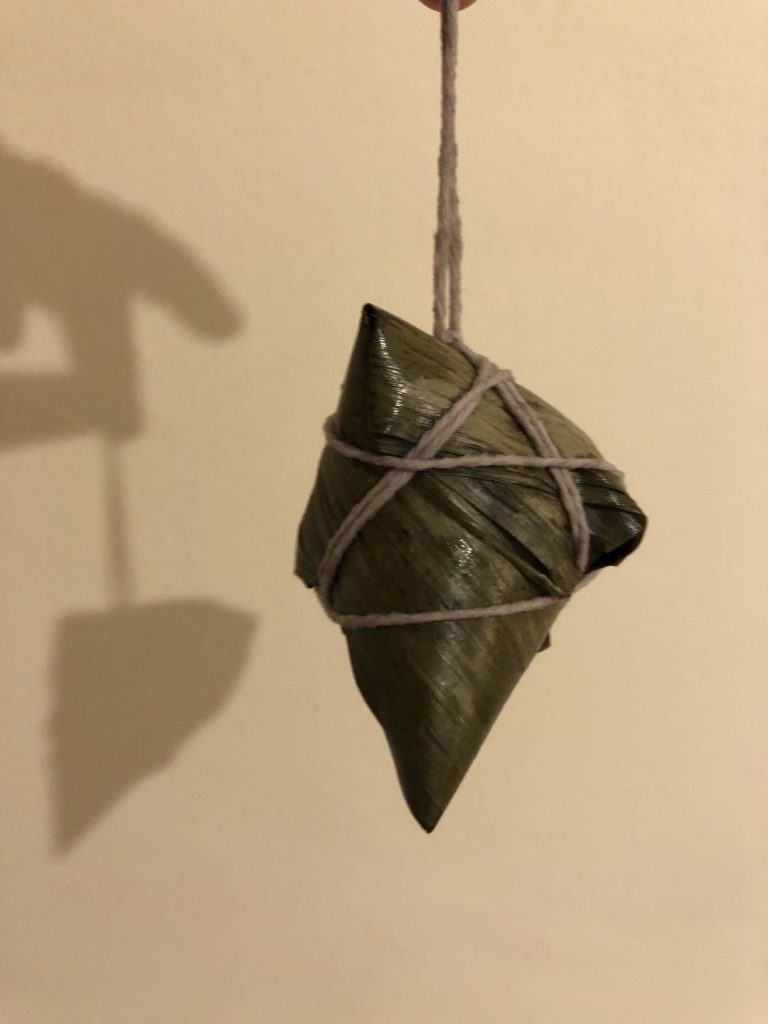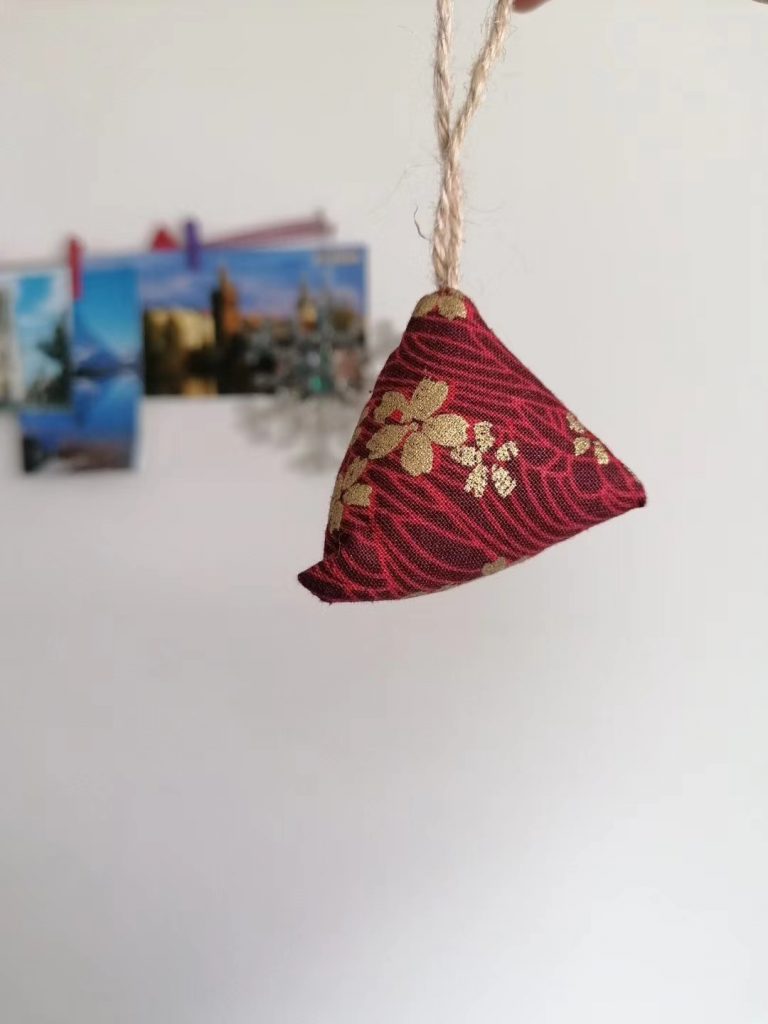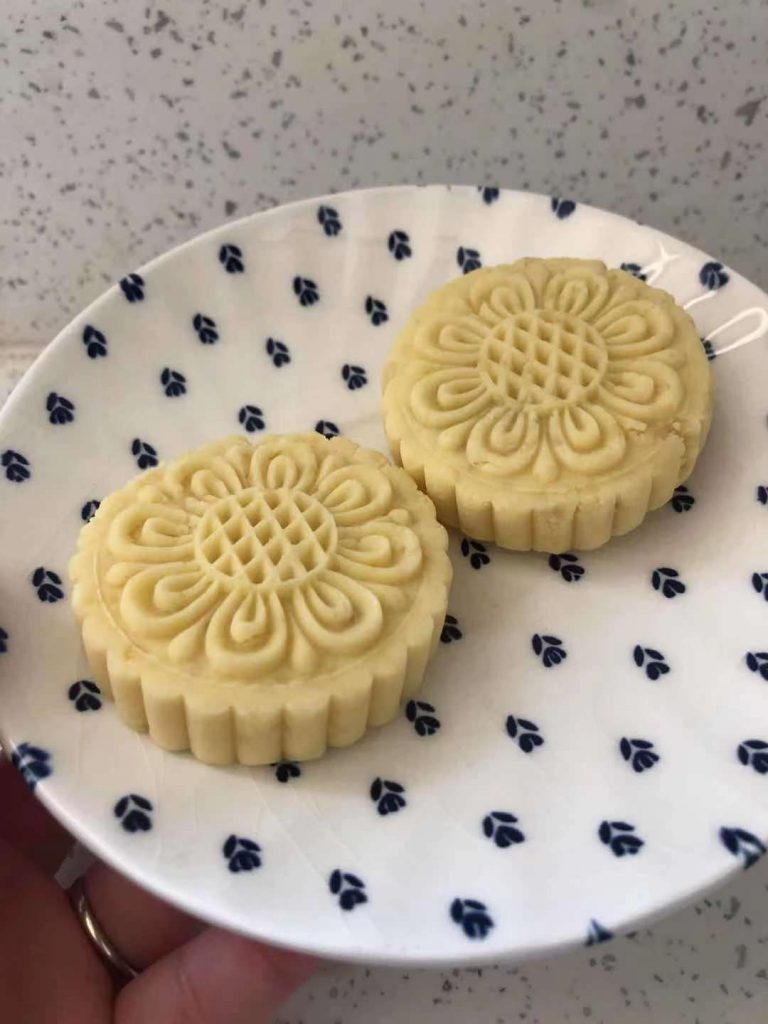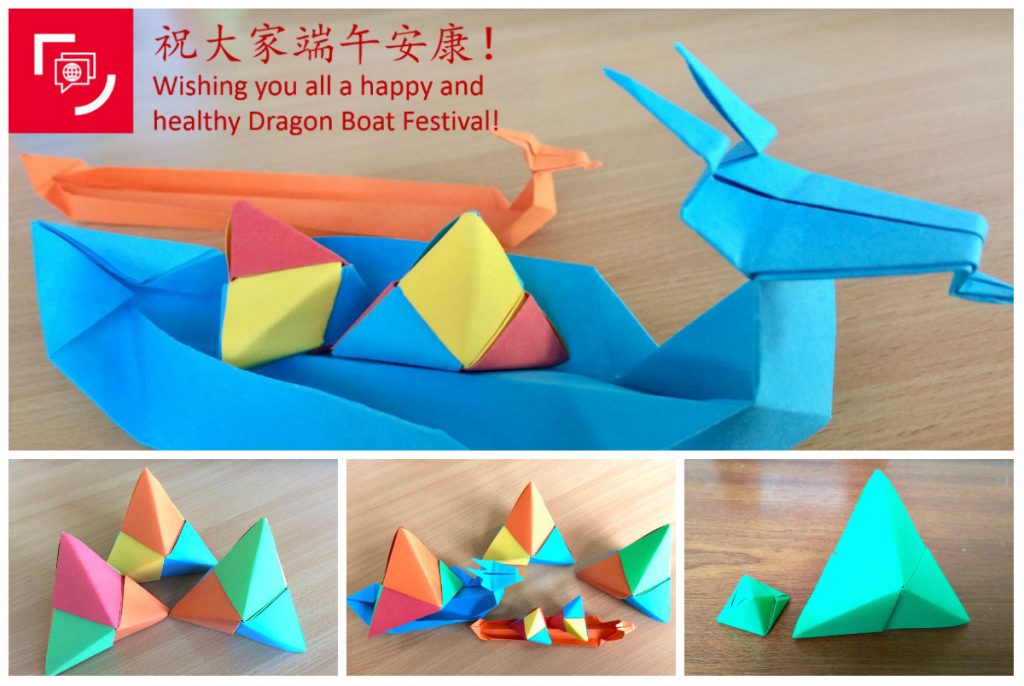布莱恩.弗里尔的中国式重现——《咕家寡人》剧本朗读与研讨

- Date: Friday 4th March 2022
- Time: 18:30 – 19:45 GMT
- Venue: Brian Friel Theatre, 20 University Square, Queen’s University, Belfast BT7 1NN
- Language: English/Chinese
- Booking: Eventbrite (free, but advanced booking essential)
Join us for an audio journey that brings together 1960s Northern Ireland and 21st Century China. Alongside excerpts from the original English version, Chinese Students from the Centre for Translating and Interpreting (CTI) at Queen’s University will narrate a new translated adaptation of Brian Friel’s short story ‘The Widowhood System’.
The Widowhood System是一个由布莱恩.弗里尔写于二十世纪六十年代的爱尔兰故事。三个嗜酒如命的中年单身汉,为了追逐埋藏于心多年的赛鸽梦,开始了一场堂吉诃德式的养鸽之旅。殊不知,赛鸽的命运和他们的人生产生了奇妙的重合……
大半个世纪后,一群来到贝尔法斯特的中国留学生在故纸堆里发现了这个故事,他们决定用自己的方式把它讲述出来,于是便有了《咕家寡人》。
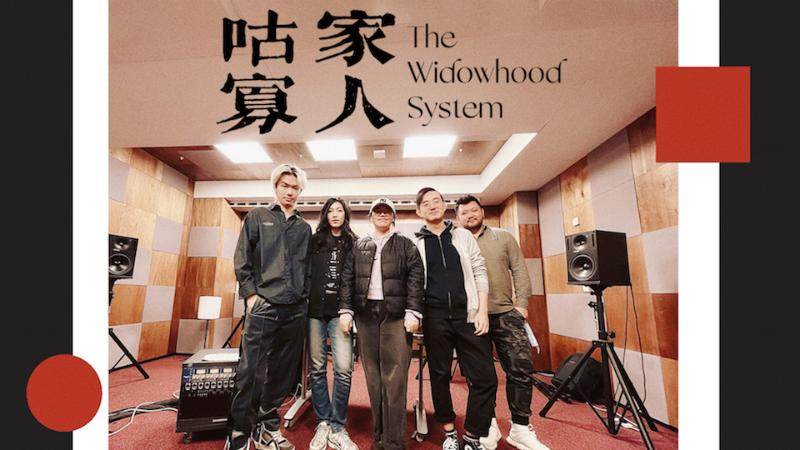
About this event
What effect does translation have in transporting a story across time and space? When the page is adapted for the stage, what role does a translator play? What happens when a translator, often considered as the one doing the paperwork, leaves their desk to work as a theatre practitioner?
In this script reading and discussion event, co-organized by CTI, Friel Reimagined, and the Brian Friel Theatre, the translator, Chuchu, the music producer, Kehan and the actors will present the original text, the translated work and the procedure of the adaptation— a Chinese audiobook based on the story ‘The Widowhood System’ by the great Irish playwright Brian Friel. With the original text in English, the Chinese voice actors reading the translated version, and the translator sharing the background of the translation and adaptation process, this event aims to provide a unique insight into how a translated play is produced and presented.
活动简介
翻译,改编,排演,录制一出广播剧是一种怎样的体验?让一群21世纪的中国年轻人讲述一个1960年代的爱尔兰故事,会碰撞出什么奇妙的火花?
此次剧本朗读会,将由音乐制作人可瀚带领来自女王大学口笔译中心,以及计算机学院的中国演员们,呈现《咕家寡人》的部分内容。以舞台表演与原创音效相配合,给大家带来一场跨越时空的听觉盛宴。朗读结束后,译者楚楚将带领大家走进戏剧翻译的台前与幕后,揭秘《咕家寡人》的制作过程。大家也可以畅所欲言,和主创团队分享自己对于故事的感受,提出宝贵建议。
一起来听故事吧!说不定,你能在这个故事里,看到你自己。
Translator Profile 译者简介
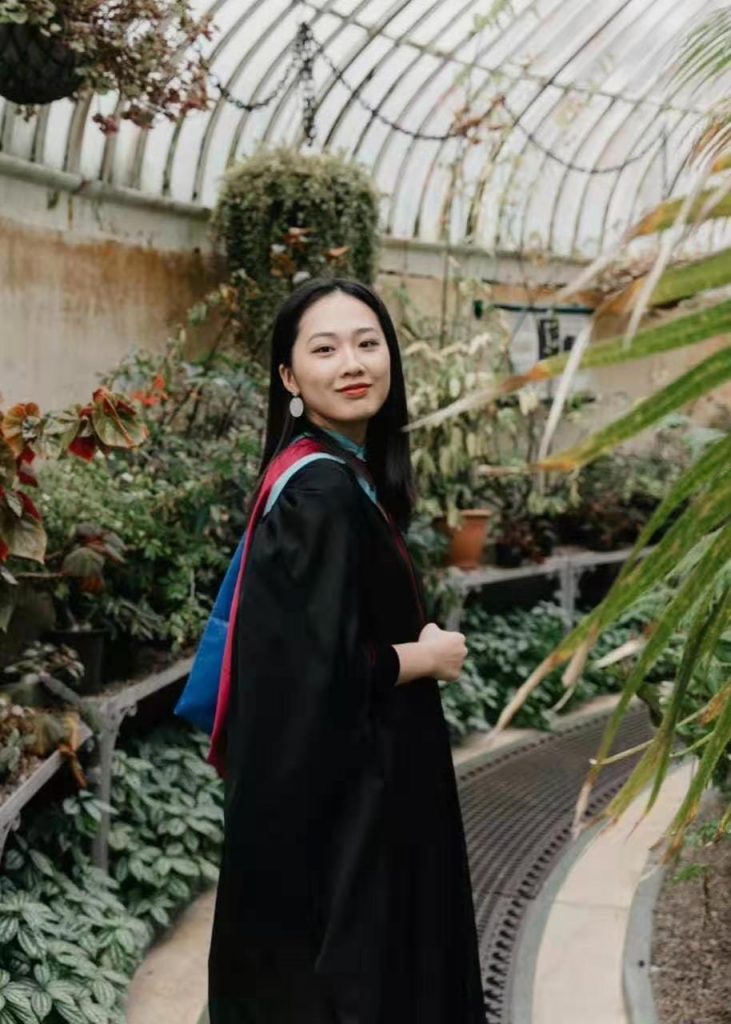
Shurui Yang, aka Chuchu, is a PhD in translation from Center of Translation and Interpreting. Supervised by Prof. David Johnston and Dr. Kathleen Kaess, she mainly focuses on translating Brian Friel’s work from English into Chinese.
杨姝睿(楚楚),女王大学口笔译中心翻译博士在读。师从戏剧翻译家David Johnston教授与Kathleen Kaess博士。主要研究方向为布莱恩·弗里尔的戏剧翻译。
More information




